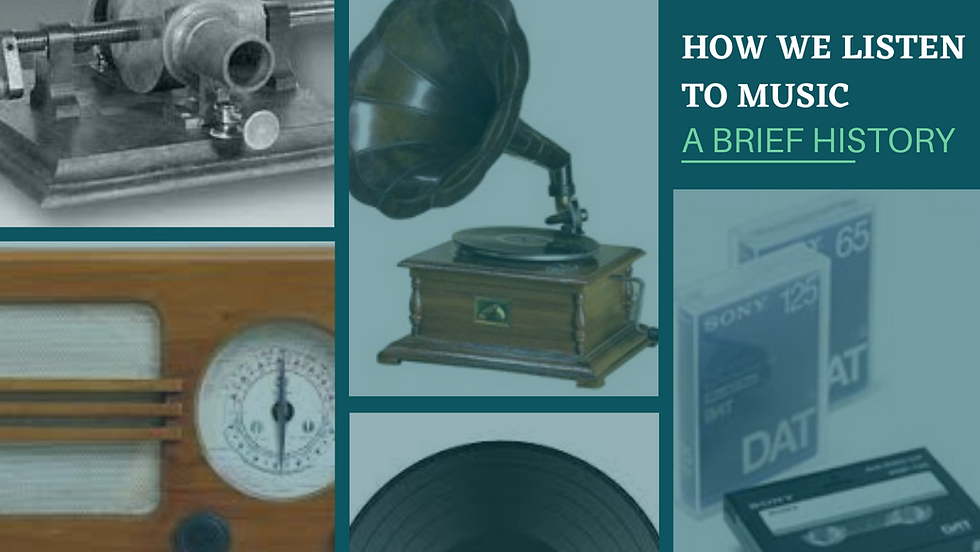Demystifying the World of Music Publishing
- Abby Johnson

- Mar 24, 2023
- 2 min read
Written by: Abby Johnson

Music publishing is one of the most misunderstood sectors of the music industry. Music publishing is where music meets music law. Publishing is rooted in United States Copyright Law. Copyright ownership technically begins as soon as the songwriter has written a song. Once the song is in a tangible form, the songwriter is the copyright owner, unless they sign over Copyrights to someone else. However, in order for the work to be fully protected under Copyright Law, therefore making it eligible for publishing, the work must be registered with the United States Copyright Office.
Songwriters can be their own publisher or they can sign a contract with a publishing company. Either way, the sole responsibility of a publisher is to protect a songwriter’s copyrighted works by ensuring people and companies don’t use a song without the proper licensing. Publishers grant a variety of licenses: a mechanical license for the use of the sound recording, a performance license for the use of the song in public performances, and a synchronization license for use of the song in television, movies, or ads.
There are five main tasks that every publisher is responsible for. First is the acquisition, this is the stage in a publisher’s career where they collect songs to license. This part is easier if you’re a writer acting as your own publisher. As a publishing company, this is the most competitive part of the industry. Next is exploitation, which is the act of marketing and licensing one’s songs. Third is the administration part of the job, this is where the publisher takes care of all the paperwork involved in the marketing and licensing of songs. Fourth is the collection of payment and the distribution of this payment to songwriters and publishers. Last but certainly not least, is protecting the copyright of songs by granting licenses to people and businesses for the use of a copyrighted song.
If you decide to work with a publisher, there are two main types of deals you could encounter. First, and the most popular for today’s music industry, is the co-publishing agreement. This is where the writer receives 50% of the revenue generated from licensing a song, one publisher receives 25% of the revenue, and the second publisher receives 25% of the revenue. Next, and the second most popular deal is the full publishing agreement. In this agreement, the songwriter and the publisher split the revenue generated by licensing the song evenly. In other words, the songwriter gets 50% of the revenue generated from licensing the song, and the publisher gets the other 50% of the revenue.
Ultimately, it’s up to the writer to decide whether they want to act as their own publisher or to do the proper research before signing with a publishing company. And remember, your songs aren’t eligible to license unless they’re registered with the United States Copyright Office.






Comments